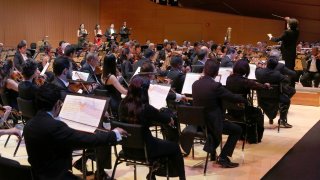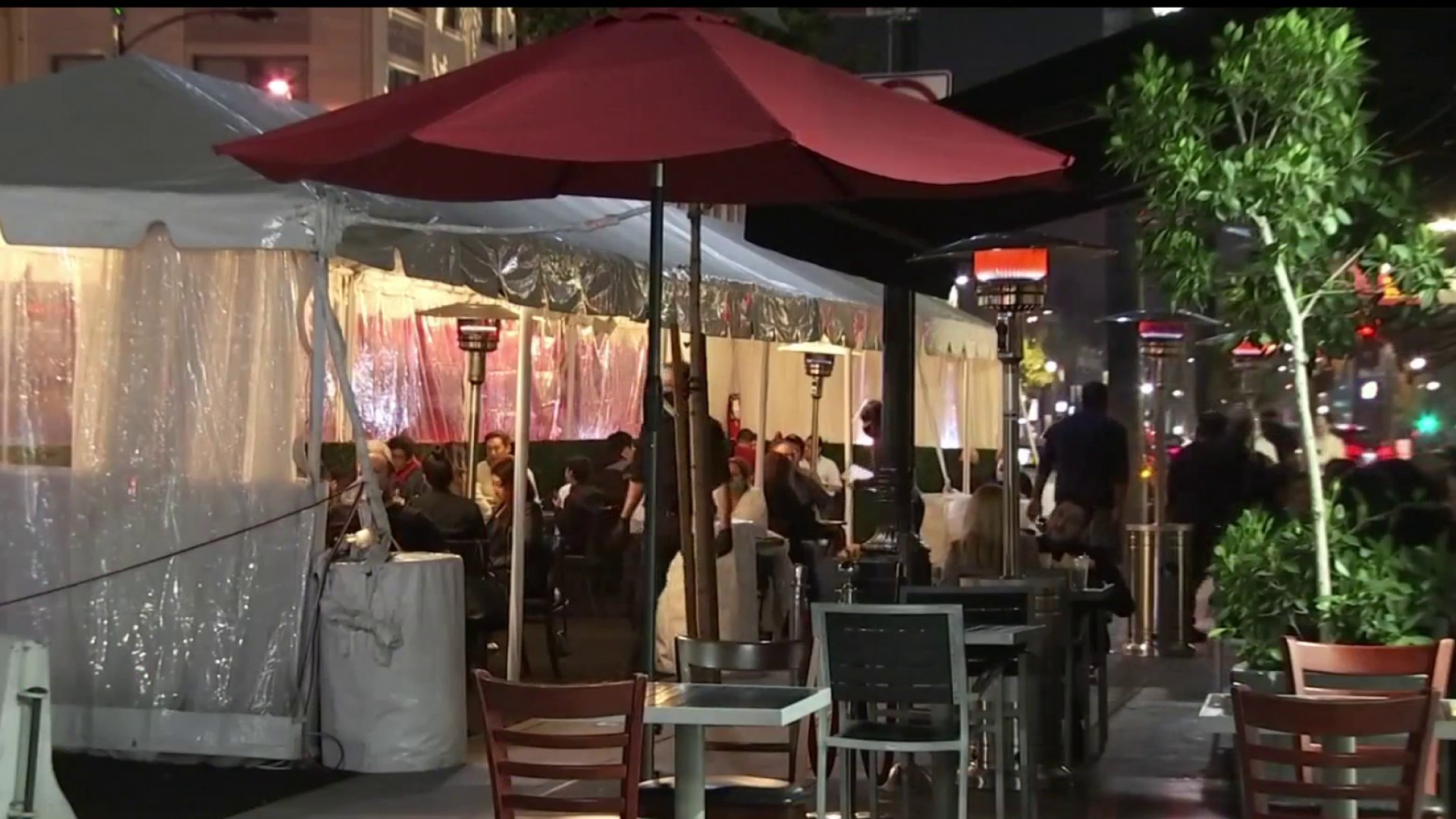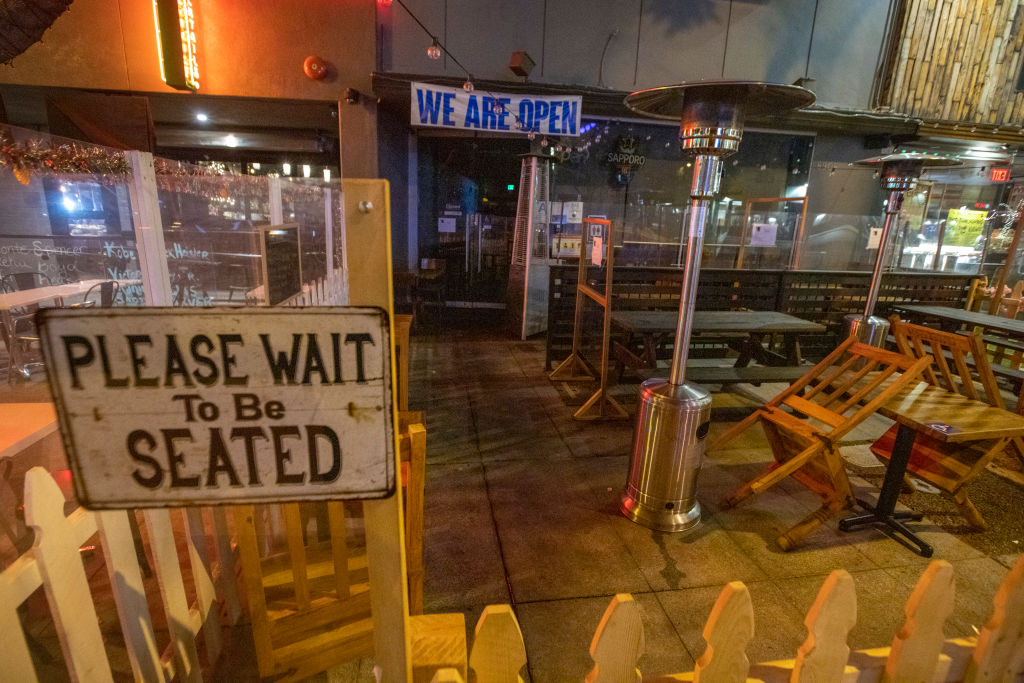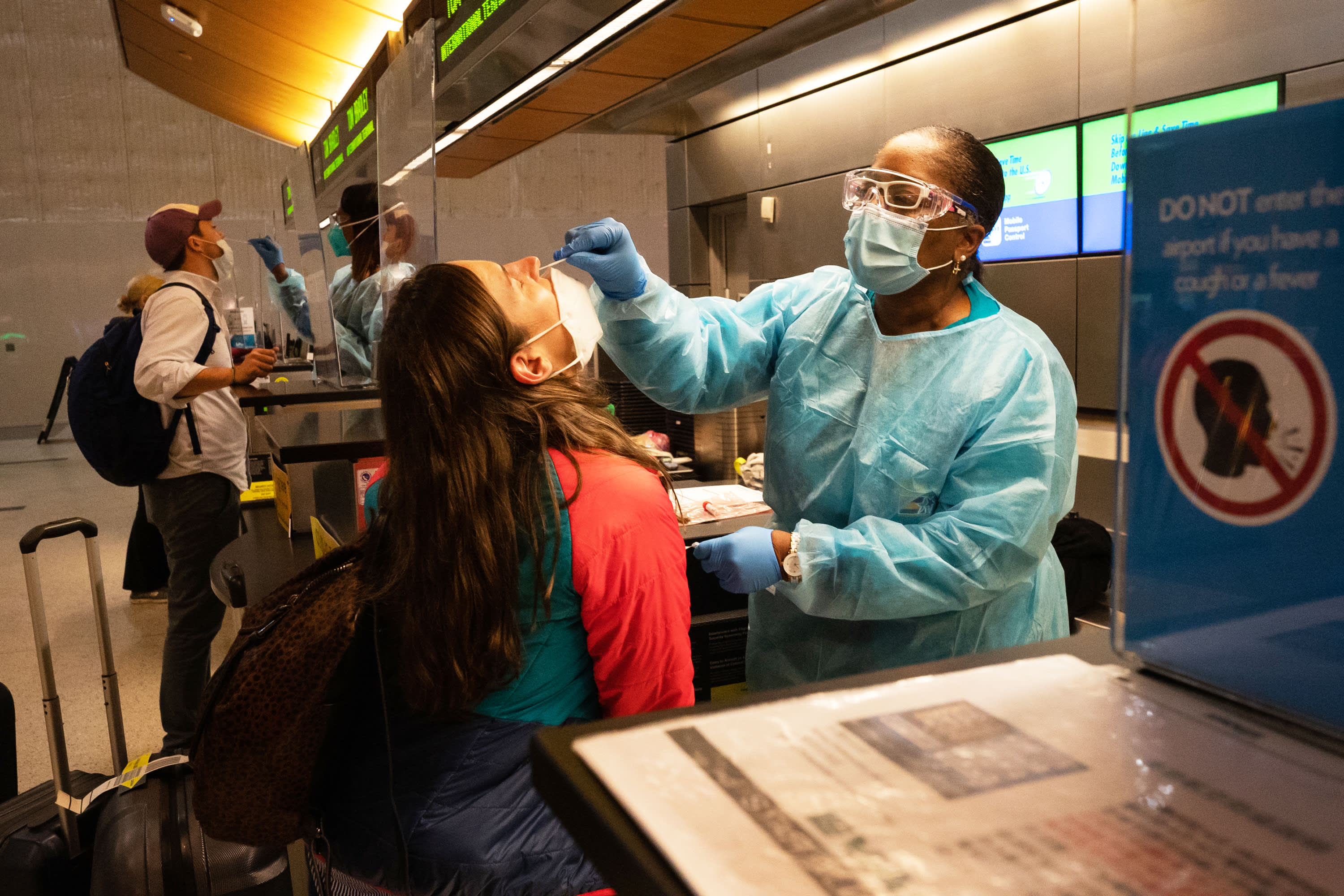
The Los Angeles County Department of Arts and Culture Monday announced $12 million in coronavirus relief funding to 337 local arts organizations.
The grants range from $1,000 to $45,000 and were awarded to nonprofits across a variety of disciplines -- theater and dance to visual and literary arts -- suffering from COVID-19-related business interruptions and closures. Awardees include a full range of micro-budget to larger institutions and many with deep community ties. The money will be sent by Dec. 30.
A full list of grantees can be found here.
The vast majority of applicants said they would spend any relief dollars on payroll and more than half have had to lay off at least one employee, according to a statement released by the department.
"COVID-19 has had significant and adverse impacts on Los Angeles County's arts and cultural sector. We need to help these arts organizations weather the storm. We all know they bring hope, well being, youth development and creative civic engagement to the communities they serve," county Supervisor Kathryn Barger said. "They also have an unsung role in the county's economy and serve as bridges to careers in the broader creative economy."
Nonprofit arts organizations applying for federal coronavirus relief funding through the county reported more than $230 million in lost revenue, unanticipated expenses and other negative impacts.
Supervisor Mark Ridley-Thomas said he hoped the assistance would allow organizations to stay afloat until better times.
"We need to lean into the idea that arts and culture are essential to our recovery, and put creativity to work," he said.
Kristin Sakoda, director of the Department of Arts and Culture, agreed.
"It has never been more important to protect in LA County's arts and cultural infrastructure and the nonprofit arts organizations that are vital partners in ensuring access to arts and culture," Sakoda said. "By supporting this crucial sector's survival now, we preserve the local creative economy so that it can thrive again. We support the health and well-being of our residents and the communities where they live."
A large share of new expenses for these nonprofits is associated with the cost of transitioning creative content and services online.
Many of the nonprofits work with children, seniors and veterans in under-resourced communities, a point underscored by Supervisor Hilda Solis.
"These critical funds gave us an opportunity to address the COVID-19 pandemic through an equity lens, allowing us to prioritize small and mid-sized arts and culture organizations -- who are often in service of the county's most vulnerable communities," Solis said.




